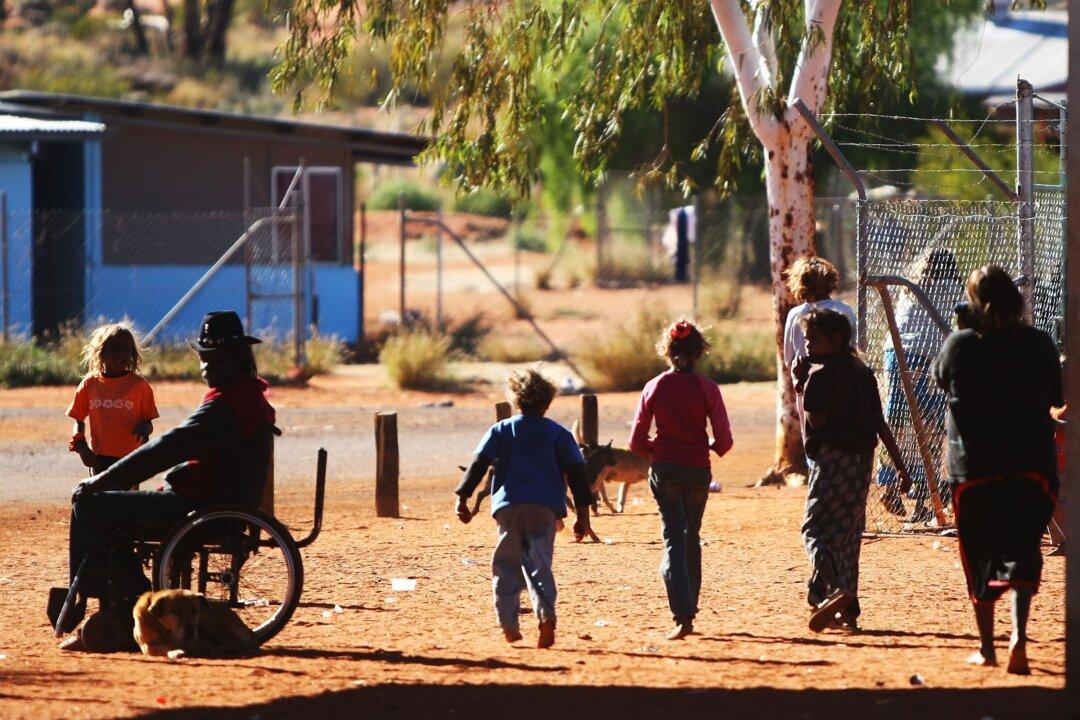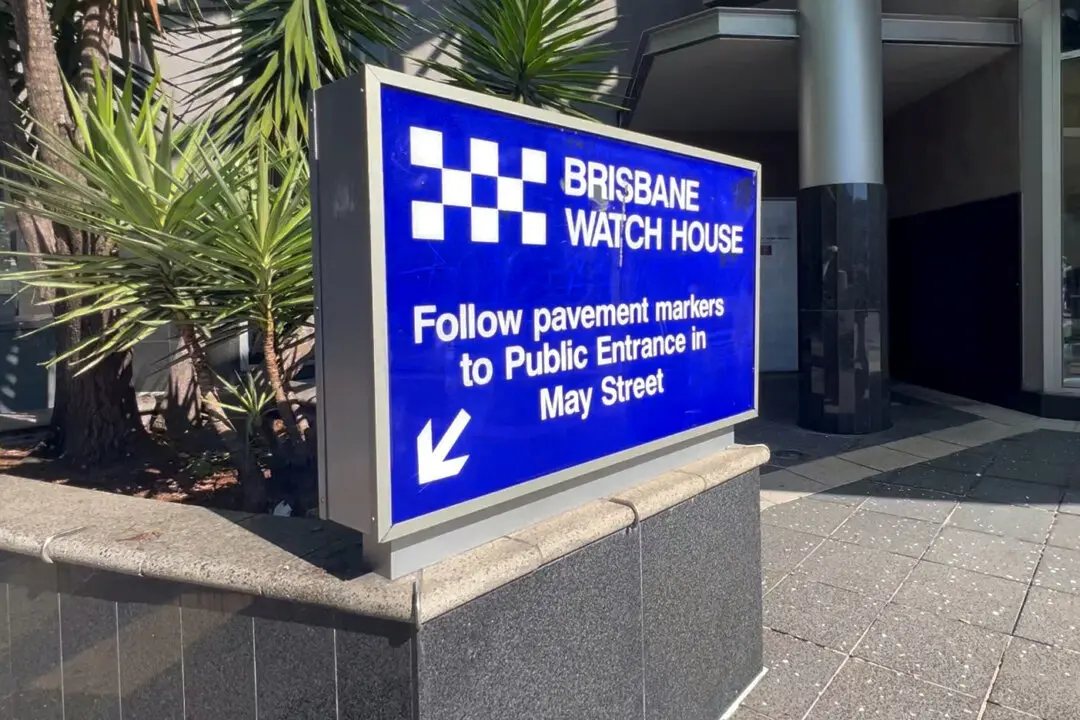The Northern Territory (NT) government has put a stop to its process towards setting up a formal Treaty with Indigenous communities.
NT Indigenous Affairs Minister Steve Edgington said the centre-right Country Liberal Party (CLP) had never backed the Treaty and this was known before the party won power last year.





